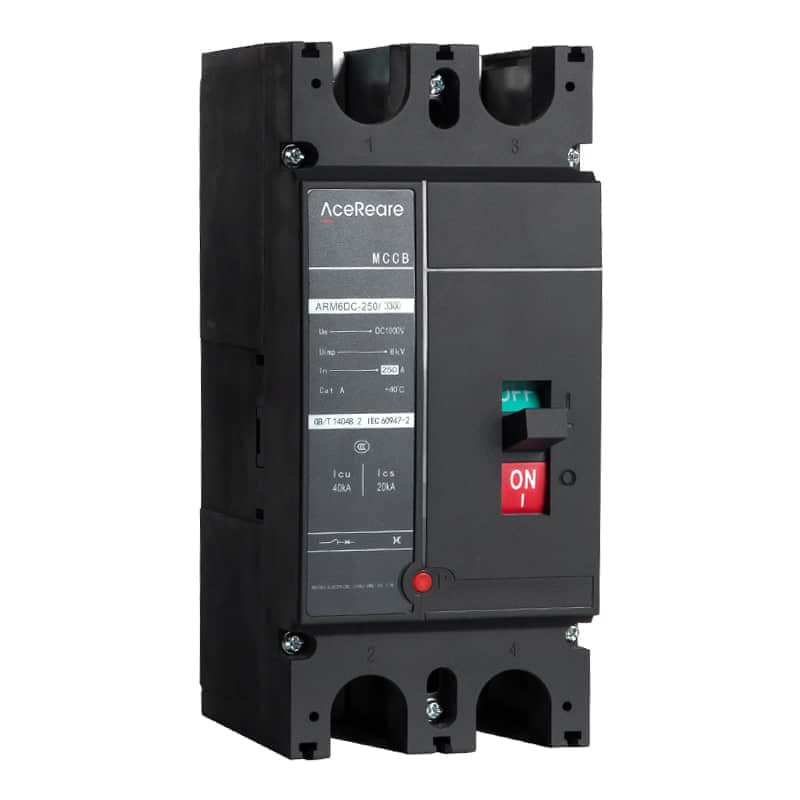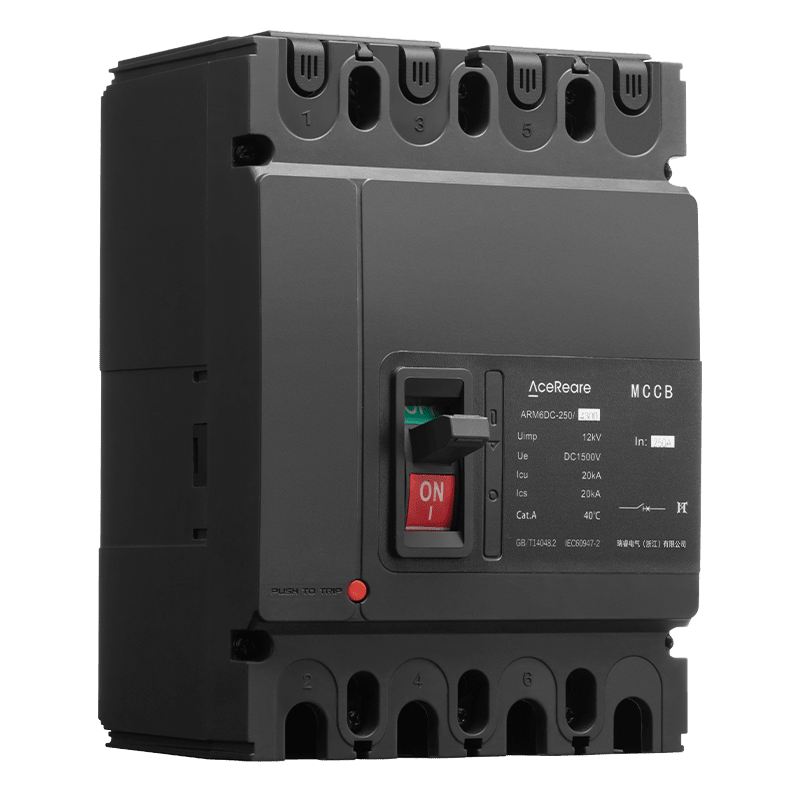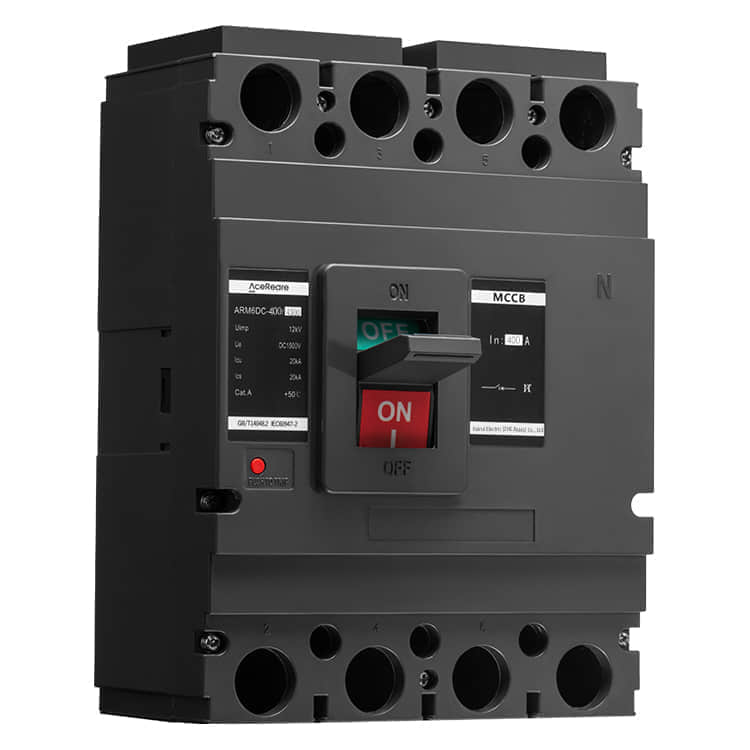In our ever-evolving world, the demand for clean and sustainable energy solutions has never been greater. Photovoltaic (PV) systems have emerged as a frontrunner in the race towards a greener future. However, the efficient operation of these systems heavily relies on a critical component – the Molded Case Circuit Breaker (MCCB). This article explores the pivotal role of OEM (Original Equipment Manufacturer) companies in supplying high-quality MCCBs tailored to the unique needs of the PV industry.

The Significance of MCCBs in PV Systems

Before delving into the prowess of OEM manufacturers, it’s essential to comprehend the importance of MCCBs in photovoltaic systems. These circuit breakers serve as guardians of the system, protecting it from overcurrent, short circuits, and other electrical faults. In a PV system, where safety and reliability are paramount, the MCCB is the first line of defense. A well-designed MCCB ensures the uninterrupted flow of energy, minimizing downtime and safeguarding expensive PV components. Customization for PV Systems OEM manufacturers specializing in MCCBs recognize that PV systems have unique requirements. These requirements include high DC voltage ratings, resistance to environmental factors, and compatibility with the latest solar inverter technologies. Generic MCCBs may fall short in meeting these demands, making it imperative to collaborate with OEM manufacturers. Customization extends beyond technical specifications. OEM manufacturers work closely with PV system integrators to understand the specific needs of each installation. This partnership allows for the creation of tailored MCCBs that seamlessly integrate into the system, ensuring optimal performance and safety. Quality Assurance and Certification One of the most significant advantages of working with OEM manufacturers for MCCBs is the assurance of quality and compliance. Leading OEMs adhere to stringent quality control processes and industry standards. They invest in research and development to keep pace with the evolving PV technology landscape. Furthermore, reputable OEMs ensure that their MCCBs carry the necessary certifications, such as UL (Underwriters Laboratories) and IEC (International Electrotechnical Commission) standards. These certifications signify that the MCCBs have undergone rigorous testing and meet safety and performance benchmarks, providing peace of mind to PV system developers and end-users alike. Innovations in MCCB Technology OEM manufacturers are at the forefront of MCCB technology innovations. They understand that as PV systems evolve, so must the components that protect them. Modern MCCBs offer advanced features like remote monitoring and communication capabilities. These features enable real-time status updates and proactive maintenance, reducing downtime and improving system reliability. Additionally, OEMs are constantly working on enhancing the efficiency of MCCBs to reduce energy losses. This aligns with the overarching goal of PV systems to maximize energy production while minimizing waste. Global Reach and Support Another advantage of partnering with OEM manufacturers is their global reach. Established OEMs have a network of distributors and service centers worldwide. This ensures that PV system developers can access MCCBs and support wherever their projects are located. It also means that spare parts and technical assistance are readily available, reducing the impact of unexpected failures. Conclusion In the pursuit of a sustainable future powered by photovoltaic systems, the role of OEM manufacturers in supplying high-quality MCCBs cannot be overstated. Their commitment to customization, quality assurance, innovation, and global support ensures that PV systems can operate efficiently and safely. As the PV industry continues to grow, OEM manufacturers will remain vital partners in meeting its unique demands and challenges. By harnessing the expertise of OEMs, the solar energy sector can shine even brighter on the path to a greener tomorrow.
